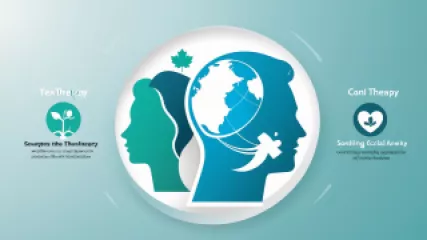What are the benefits of virtual holistic therapy with a psychologist?
1 year ago
Holistic Therapy
Top 10 Cognitive Restructuring Techniques for Mindset Transformation
1 year ago
Cognitive Restructuring Techniques
The Ultimate Guide to Overcoming Social Anxiety
1 year ago
Social Anxiety
What are Effective Self-Regulation Techniques for Adults?
1 year ago
Emotional Regulation in Adults
10 Best Online Therapy Options for Social Anxiety
1 year ago
Social Anxiety
10 Joyful Self-Improvement Strategies from Psychology
1 year ago
Psychology of Joy
The Ultimate Guide to Managing Chronic Stress
1 year ago
Managing Chronic Stress
Healing From Rejection: A Step-by-Step Guide
1 year ago
Dealing with Rejection
What Are the Key Signs of Sleep Disorders?
1 year ago
Sleep Disorders
Strengthen Emotional Resilience: A Research Summary
1 year ago
Emotional Resilience
Effective Strategies for Emotional Wellness After a Breakup
1 year ago
Coping with End of Relationship
Embracing Change: My Thoughts on Life Transitions
1 year ago
Life Transitions
Mastering the Art of Overcoming Judgment Fear: A Step-by-Step Guide
1 year ago
Overcoming Judgment Fear
Insider's Perspective: A Psychiatrist's Take on Getting Psychiatric Medication Online
1 year ago
Psychiatric Medication
Understanding Social Anxiety: Research Summary
1 year ago
Social Anxiety















